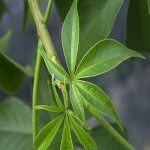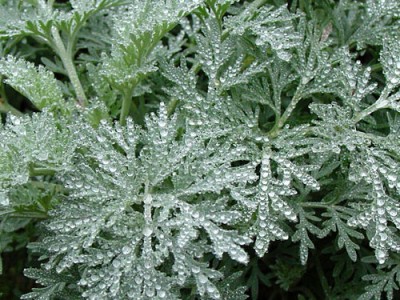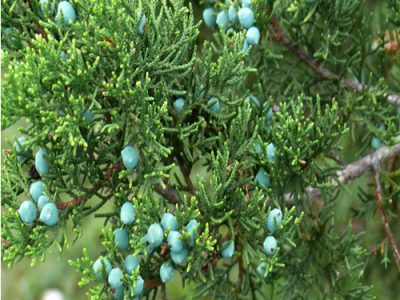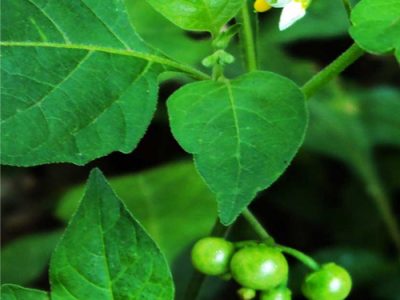
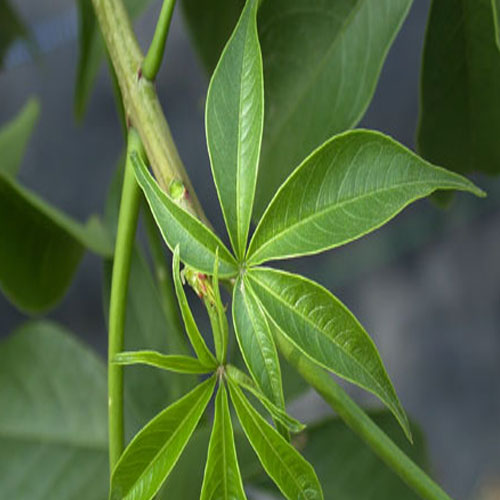
Kuka aka Baobabs – Various Uses
Kuka
Plants and trees are slowly becoming an endangered species and dwindling at rapid rate, thanks to the evil mentality of the human beings who are making the mother earth a concrete jungle. If the same trend continues, there will not be any trees and plants on the earth and there will be only vacant space on this wonderful earth. This topic will deal with the plant named kuka which is lavishly found in savannas of the African and India. The botanical name of this plant is Adansonia which is also called as Baobab.
History Of Kuka
This tree is a native of Africa and found in many parts of this country and abundantly found in Tanzania. There are nine species of the baobab tree. Six belongs to Madagascar, two belongs to Africa and one belongs to Australia. The biggest enemies of these trees are drought, water logging, elephants and black fungus.
Properties
The other names of this tree are boab, boaboa, bottle tree, upside-down tree and monkey bread tree. The fruit, seed and leaves can be consumed as foods since they contain many nutritional values. The fruit has a velvety shell and is about the size of a coconut, weighing about 1.5 kilograms (3.3 lb). It has an acidic, tart flavor, described as somewhere between grapefruit, pear, and vanilla.
Various Uses
Animals like baboons and warthogs eat the seedpods, weavers build their nests in the huge branches and barn owls, mottled spine tails and ground hornbills roost in the many hollows. The creased trunks and hollowed interiors also provide homes to countless reptiles, insects and bats. This tree lives for hundreds of years, if it is protected from external perils. There was one baobab tree in Namibia which lived for almost 1275 years and collapsed recently.
Nutritional Value of Kuka
- The dried fruit powder contains about 12% water and various nutrients, including carbohydrates, dietary fiber, vitamin C, calcium, magnesium, B vitamins, potassium and iron.
- It contains 50% more calcium than spinach, is high in antioxidants, and has three times the vitamin C of an orange.
- Most of the trees that belong to this species are living on this earth for hundreds of years.
- In Nigeria, the leaves of the baobab are called “kuka”. These incredible trees grow to a height of more than 100 feet. The baobab of South Africa is now the largest individual baobab in the world which measures about 35 feet in diameter and has a circumference of around 110 feet.
- The leaves of the baobabs are used as leaf vegetable in many parts of mainland Africans.
- In Nigeria ‘kuka’ soup is deliciously prepared and served to the people.
- The fruit also has many medicinal values.
- The fruit after separation is eaten directly or mixed in porridge.
- The fruit pulp is very rich in calcium and vitamin c.
- The seeds are generally used as a thickener for soups and also used in various other food items.
- A very large tree in Western Australia was used in 1890 as a prison room. Now it has become a tourist attraction.
Interesting Facts
These deciduous trees and their bat-pollinated flowers bloom only in the nights. This tree stores waters in its trunk and the elephants, eland and other animals chew the bark during dry seasons to quench their thirst.

